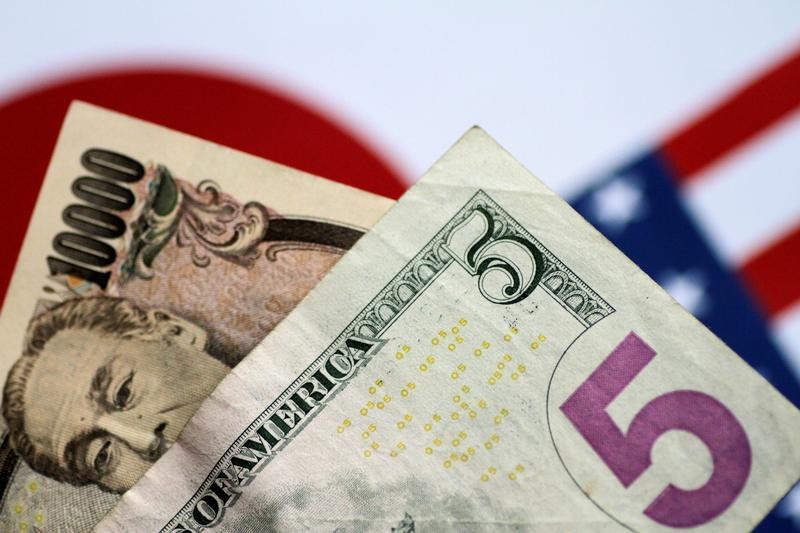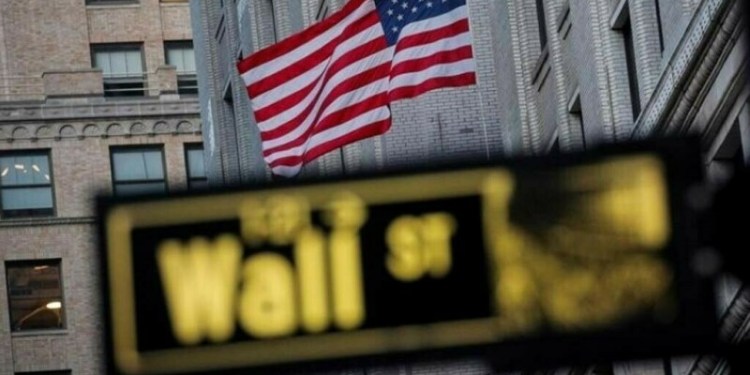 © Reuters. Illustration photo of U.S. Dollar and Japan Yen notes
© Reuters. Illustration photo of U.S. Dollar and Japan Yen notesBy Masayuki Kitano
SINGAPORE (Reuters) – The dollar held firm against the yen on Monday after gaining late last week on news of higher-than-expected U.S. jobs growth in February.
The strong U.S. jobs growth data was counterbalanced by slower increases in wages, resulting in money market traders sticking to bets that the Fed would raise interest rates three times this year, with only around a one-in-four chance seen for a fourth rate hike in 2018.
Analysts said the U.S. jobs data stopped short of adding to market concerns about a pick-up in inflation, limiting the overall impact on the dollar.
The dollar held steady at 106.80 yen
Earlier on Monday, the dollar had risen to 106.97 yen, nearing Friday’s high of 107.05 yen, its highest level against the yen in more than a week.
While downside pressure on the dollar against the yen has shown signs of abating as investor risk aversion has eased recently, any dollar gains would probably be limited for now, said Shinichiro Kadota, senior FX strategist for Barclays (LON:) in Tokyo.
“Over the past several weeks the dollar has been trading in a range of around 105 yen to 108 yen. In the near term, it seems unlikely that there will be a break out of this range in either direction,” he said.
Reasons to buy the dollar appear limited for now, given factors such as lingering uncertainty over U.S. trade policy, Kadota added.
The dollar had risen 1 percent against the yen last week, its largest weekly percentage gain in five weeks, as risk appetite improved on hopes for a breakthrough in the standoff over North Korea’s nuclear weapons program.
The greenback also gained ground against the yen last week as fears of a global trade war receded.
U.S President Donald Trump imposed import tariffs on steel and aluminum, while softening his stance by announcing exemptions for Canada and Mexico, and leaving open the chance for other countries to obtain their own.
Comments on Friday by Bank of Japan Governor Haruhiko Kuroda also helped to weigh on the yen. Kuroda sounded optimistic on growth, yet stressed there was no plan to change monetary policy before the central bank reached its 2 percent inflation target.
The euro held steady at $1.2309 (), holding below a near three-week high of $1.2447 set on Wednesday.
The common currency has retreated after EuropeanCentral Bank President Mario Draghi said on Thursday that regional inflation remained subdued and rising protectionism was a risk.
Fusion Media or anyone involved with Fusion Media will not accept any liability for loss or damage as a result of reliance on the information including data, quotes, charts and buy/sell signals contained within this website. Please be fully informed regarding the risks and costs associated with trading the financial markets, it is one of the riskiest investment forms possible.
Source: Investing.com




























